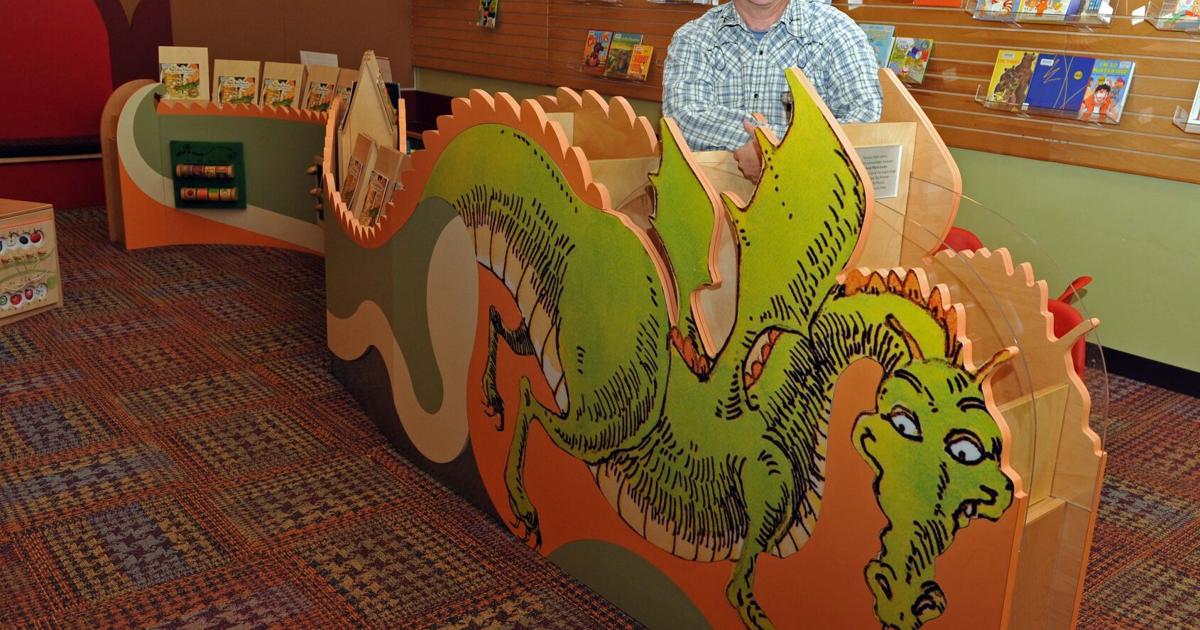By Contributor,Janice Kennedy
Copyright thestar

Book bans are nothing new. For centuries, they’ve been the go-to weapon for narrow minds determined to prevent new ideas from upsetting old applecarts. In today’s topsy-turvy world, where the concept of free expression is being co-opted by racists, misogynists and other hatemongers, book bans remain popular.
Forbidden authors range from Margaret Atwood to Maya Angelou, from Salman Rushdie to Harper Lee. The list of names has mostly ceased to shock. What might surprise, though, would be the addition of Robert Munsch, Canada’s most beloved writer of books for young children.
If you’ve had kids any time in the past several decades, you’ll recognize Munsch as the wildly imaginative storyteller who bolstered your daughters’ self-esteem (“The Paper Bag Princess”) and brought sweet tears to your parental eyes (“Love You Forever”). Those two books alone have sold nearly 50 million copies worldwide. Other titles account for an additional 38 million sold.
But one title was banned. In 1990, a number of Ontario school boards removed “Giant, or Waiting for the Thursday Boat” from library shelves, condemning it as disrespectful and disgusting.
The ban worked. To this day, you’ll have a tough time finding “Giant,” which is out of print and not even available at most public libraries (although Toronto’s system does have three copies). In a 1990 column for the Ottawa Citizen criticizing the ban, a library spokesperson insisted the book was not up to Munsch’s standard.
Except it is, as the man himself suggested in a delightful little inscription he wrote inside the copy he sent me.
“Giant” is classic Munsch. It’s a tale told in a child’s voice — a voice filled with curiosity, wonder, instinctive absurdity and a refreshing irreverence that is not only sweet and humorous but also entirely natural (as anyone who’s dealt with kids can attest).
The problem is, instead of scrappy princesses, stubborn kids and smelly socks, “Giant” dares to deal more directly with larger issues. God features in the narrative, as do conflict and resolution.
Here’s the story (spoiler alert!), minus the Munsch magic and charming Gilles Tibo illustrations.
In ancient Ireland, McKeon the giant goes after St. Patrick, who has chased out one too many snakes, elves and giants, all of whom McKeon likes. When Patrick tells him that he’s just doing God’s work, an infuriated McKeon starts pitching church bells into the sea. Patrick then tells him God is coming on the Thursday boat, and boy, is he ever going to be mad. Oh, yeah? says McKeon, who vows to “pound Him till He looks like applesauce.” Thursday arrives, but God doesn’t show up. Instead, a small boat comes in with a small, sweet girl who befriends McKeon.
Eventually, the little girl persuades the two enemies to try getting along, and eventually they do. “I guess heaven has enough room for everyone,” says Patrick. Everyone starts laughing, and God joins in, moving rivers and shaking mountains.
Except here’s the thing: it’s the little girl who’s laughing. The little girl is God.
That unconventional representation of God (or whatever energy pulses with the world’s goodness and love) was a no-no in 1990. When I spoke to Munsch at the time, he was baffled. He suggested that anyone bothered by it had to be someone who saw God as “a big policeman in the sky.” Another no-no, of course, was the irreverence of McKeon’s misplaced anger at God.
In case you were forced to miss it 35 years ago, that’s what Munsch was telling kids — telling all of us — way back in 1990, when his book was banned. Stop the nonsense and get along. Open your hearts and minds. Heaven has enough room for everyone.
A recent New York Times profile of Munsch, who is 80, featured warm appreciation for his books, as well as compassion for how Parkinson’s disease and dementia have led him to seek approval for medical assistance in dying. When the time comes, he said, he wants to depart with dignity. If anyone has earned that kind of grace note, he has.
But part of him will stay behind. That loving, zany wisdom Munsch sprinkled like magic dust for 40 years? That will remain, a gift to young children growing up in a world that sorely needs a small girl in a small boat.



